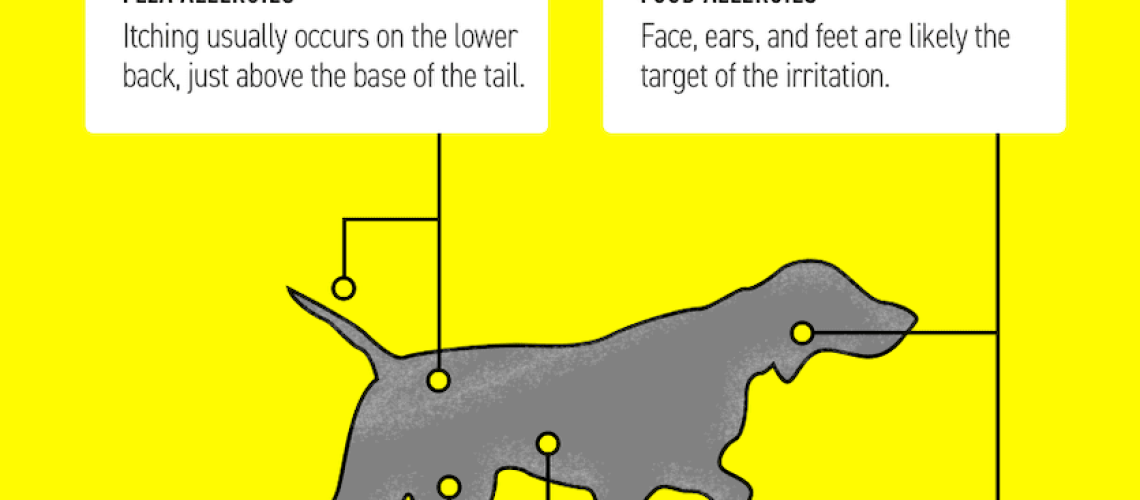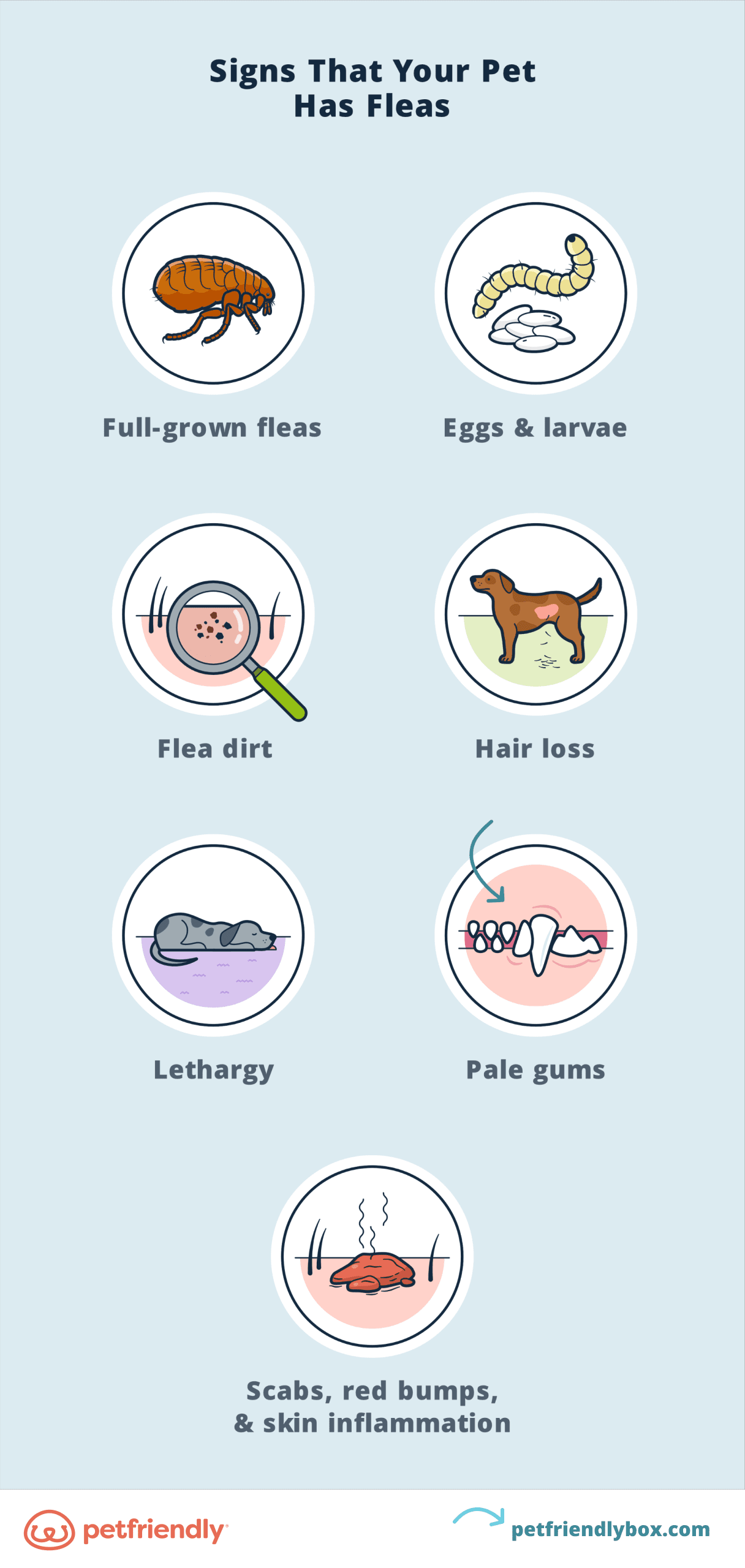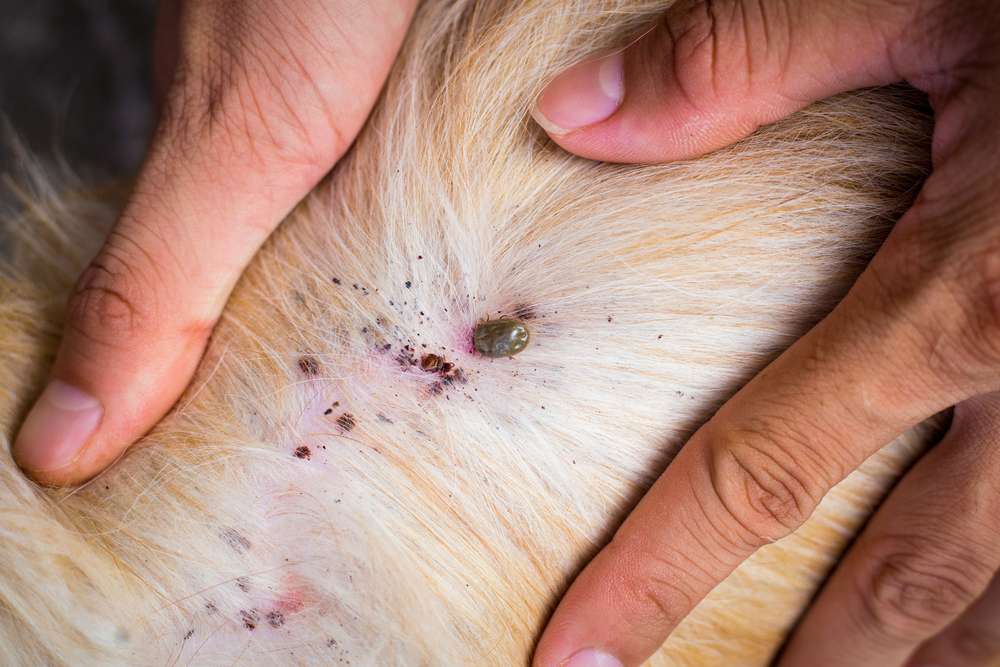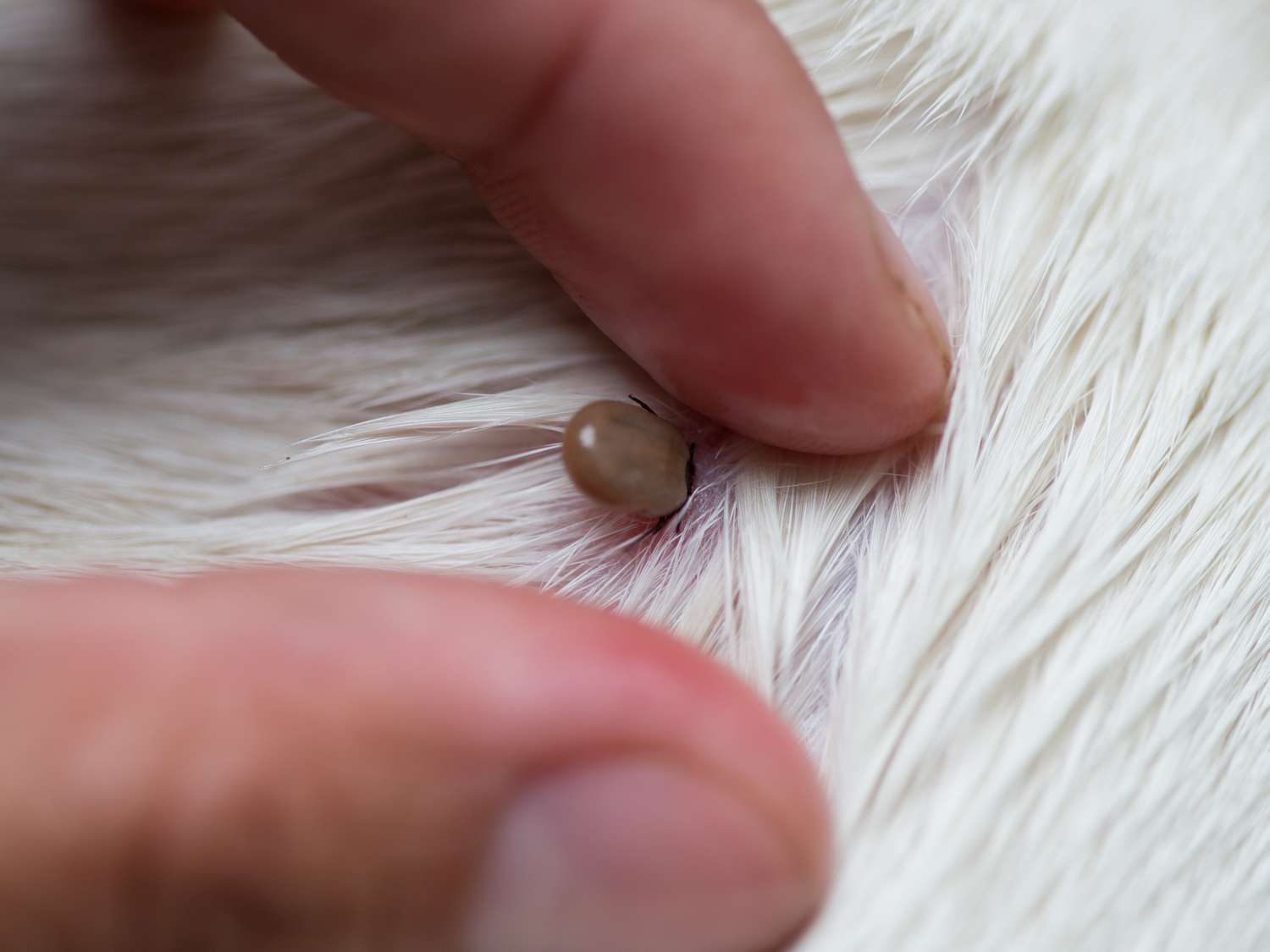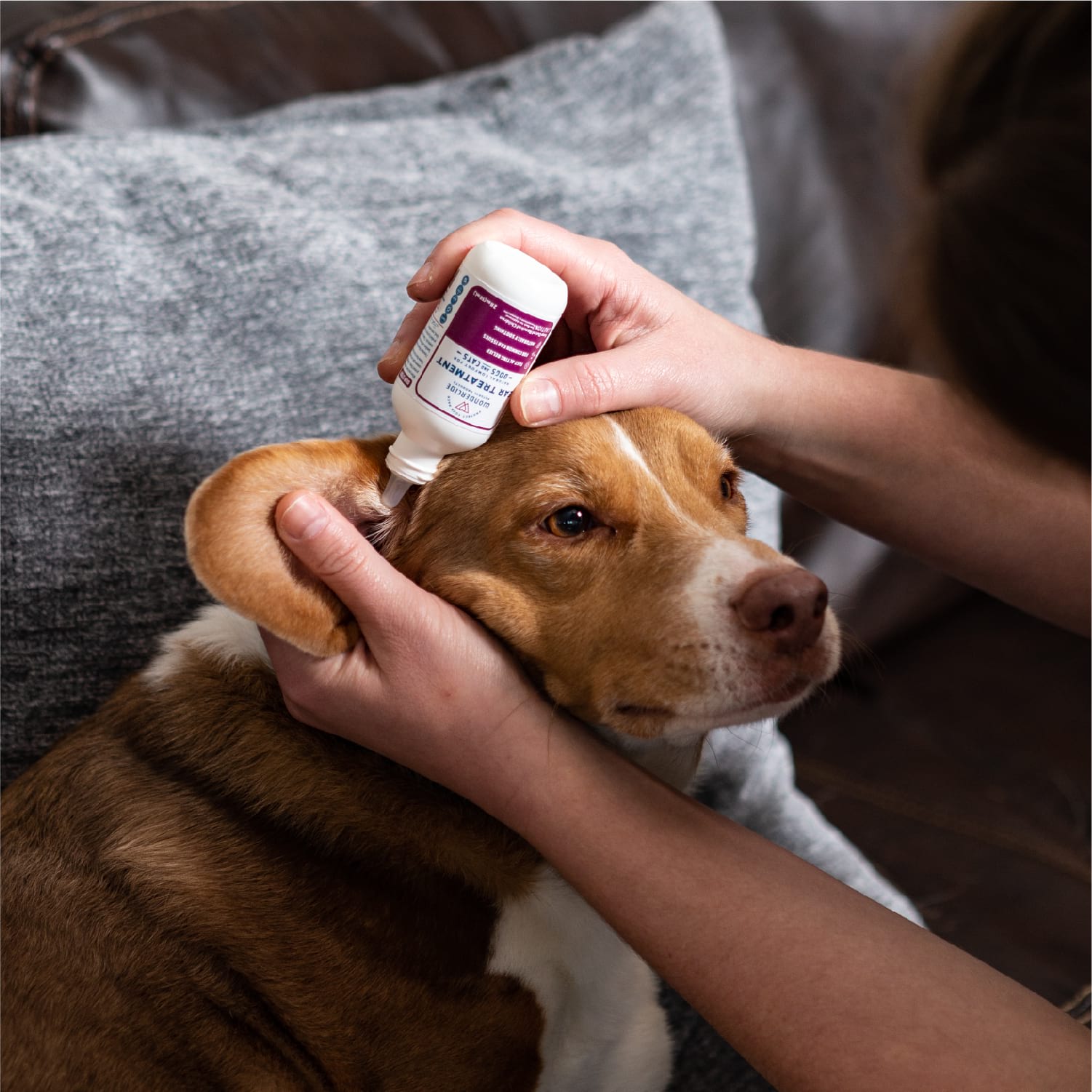If your puppy is constantly scratching and itching, it's important to take action. In this guide, we'll explore effective steps you can take to address this issue and bring relief to your furry friend.
Key Takeaways:
- Regularly check your puppy for fleas, ticks, or other parasites that may be causing the itching and scratching.
- Ensure that your puppy is on a balanced and nutritious diet to support their immune system and overall health.
- Keep your puppy's environment clean and free from allergens such as dust mites or pollen that could trigger itching.
- Avoid using harsh chemicals or irritants on your puppy's skin, and opt for gentle, hypoallergenic grooming products instead.
- If the itching persists or worsens, consult with a veterinarian to rule out any underlying medical conditions and receive appropriate treatment.
Why is my puppy scratching and itching?
It's common for puppies to scratch and itch, just like humans do. There are several reasons why your puppy might be experiencing this discomfort. One possibility is that your puppy has fleas or ticks. These tiny bugs can bite your puppy's skin and cause irritation. Another reason could be allergies. Just like people, dogs can have allergies to things like pollen, dust mites, or certain foods. These allergies can cause your puppy to itch and scratch.
In some cases, the itching may be due to dry skin. Just like humans, dogs can have dry skin, especially during the winter months when the air is dry. This can cause your puppy to feel itchy and uncomfortable.
Fleas or ticks as the reason behind your puppy's constant scratching
If you suspect that fleas or ticks are causing your puppy's itching, it's important to take action right away. These pests can not only make your puppy uncomfortable but also transmit diseases. You should carefully check your puppy's fur for any signs of fleas or ticks. Look for small black dots (flea dirt) or tiny brown bugs crawling on their skin.
If you find any fleas or ticks on your puppy, you will need to treat them with a flea and tick medication recommended by a veterinarian. It's important to follow the instructions carefully and continue treatment as directed to ensure that all fleas and ticks are eliminated.
Shampoos or treatments that can help relieve a puppy's itchiness
If you suspect that dry skin is causing your puppy's itching, there are some shampoos and treatments that can help provide relief. Look for moisturizing shampoos specifically designed for dogs with dry skin. These shampoos often contain ingredients like oatmeal or aloe vera, which can soothe and moisturize your puppy's skin.
In addition to using a moisturizing shampoo, you can also try applying a dog-friendly moisturizer or coconut oil to your puppy's skin. These products can help hydrate the skin and reduce itching.
Common causes of itching in puppies
There are several common causes of itching in puppies. One possibility is that your puppy has fleas or ticks. These pesky parasites can bite your puppy's skin and cause irritation and itching. Another common cause is allergies. Just like humans, dogs can have allergies to things like pollen, dust mites, or certain foods. These allergies can cause your puppy to itch and scratch.
Dry skin is another common cause of itching in puppies. During the winter months when the air is dry, both humans and dogs can experience dry skin. This can make your puppy feel itchy and uncomfortable.
Determining if your puppy's itching is due to allergies
If you suspect that your puppy's itching is due to allergies, there are a few signs you can look for. Allergic reactions often cause redness, swelling, or rashes on the skin. Your puppy may also have watery eyes or sneeze frequently if they have allergies.
To determine what exactly your puppy is allergic to, you may need to consult with a veterinarian. They can perform tests to identify the specific allergens causing your puppy's symptoms. Once the allergens are identified, you can take steps to avoid them as much as possible.
Over-the-counter remedies for a puppy's itching
If your puppy has mild itching due to allergies or dry skin, there are some over-the-counter remedies you can try at home. Antihistamines, such as Benadryl, can help relieve itching caused by allergies. However, it's important to consult with a veterinarian before giving any medication to your puppy to ensure the correct dosage.
You can also try using a topical cream or ointment specifically designed for dogs to soothe their itchy skin. These products often contain ingredients like hydrocortisone, which can provide temporary relief from itching.
Alleviating your puppy's itching at home
If your puppy is scratching and itching, there are some things you can do at home to help alleviate their discomfort. One simple step is to regularly brush your puppy's fur. This can help remove any allergens or irritants that may be causing the itching.
You should also make sure that your puppy is on a healthy diet. Some food allergies can cause itching in dogs, so it's important to feed them high-quality dog food that does not contain common allergens.
Preventing future episodes of scratching and itching in your puppy
To prevent future episodes of scratching and itching in your puppy, there are a few steps you can take. Regularly grooming your puppy and keeping their fur clean can help prevent fleas and ticks from infesting their coat. You should also vacuum your home frequently to remove any potential allergens like dust mites.
In addition, providing a balanced diet and ensuring that your puppy gets regular exercise can help keep their immune system strong and reduce the likelihood of allergies or dry skin.
Alleviating your puppy's itching at home
If your puppy is constantly scratching and itching, there are several things you can do at home to provide relief. One option is to give your puppy a soothing oatmeal bath. Oatmeal has natural anti-inflammatory properties that can help alleviate itchiness and irritation. Simply mix finely ground oatmeal with warm water and gently massage it into your puppy's fur. Leave it on for a few minutes before rinsing thoroughly.
Another home remedy for itching is to apply a cool compress to the affected areas. This can help reduce inflammation and provide temporary relief from itching. You can make a cool compress by soaking a clean cloth in cold water or wrapping an ice pack in a towel. Apply the compress to your puppy's itchy spots for 5-10 minutes at a time.
Over-the-counter remedies for a puppy's itching
If your puppy's itching persists despite home remedies, there are over-the-counter options available. One common remedy is an anti-itch spray or cream specifically formulated for dogs. These products often contain ingredients like hydrocortisone or lidocaine, which can help reduce itchiness and provide immediate relief.
Another option is giving your puppy an oral antihistamine, but it's important to consult with your veterinarian first to determine the appropriate dosage for your pup's size and breed. Antihistamines work by blocking histamine receptors in the body, which can help alleviate allergic reactions that may be causing the itching.
When to consult a veterinarian about your puppy's scratching and itching
If your puppy's scratching and itching persist or worsen despite trying home remedies or over-the-counter treatments, it may be time to consult a veterinarian. A vet will be able to examine your puppy and determine the underlying cause of the itching. They may perform tests to check for allergies, skin infections, or parasites like fleas or ticks.
Signs that indicate it's time to consult a veterinarian:
- Intense scratching that leads to hair loss or open sores
- Redness, swelling, or inflammation on the skin
- Persistent itching that disrupts your puppy's sleep or daily activities
- Presence of fleas, ticks, or other parasites on your puppy's fur
Fleas or ticks as the reason behind your puppy's constant scratching
Fleas and ticks are common culprits behind a puppy's constant scratching. These parasites can cause intense itching and discomfort for your furry friend. To determine if fleas or ticks are causing the itching, carefully examine your puppy's fur and skin. Look for tiny black dots (flea dirt) or actual fleas moving around. Ticks may appear as small bumps attached to the skin.
If you find evidence of fleas or ticks, it is important to take immediate action. Consult with your veterinarian about appropriate flea and tick prevention products for your puppy. They may recommend topical treatments, oral medications, or collars specifically designed to repel these pests.
Shampoos or treatments that can help relieve a puppy's itchiness
In addition to home remedies and over-the-counter options, there are specific shampoos and treatments available that can help relieve a puppy's itchiness. Look for shampoos formulated with soothing ingredients like aloe vera, oatmeal, or tea tree oil. These ingredients can help calm irritated skin and reduce itching.
When using medicated shampoos or treatments, it is important to follow the instructions carefully and only use products specifically designed for puppies. Avoid using human shampoos or products containing harsh chemicals, as they can further irritate your puppy's skin.
Preventing future episodes of scratching and itching in your puppy
Once you have addressed your puppy's current itching issue, it is important to take steps to prevent future episodes. Regular grooming is essential for maintaining healthy skin and coat. Brushing your puppy regularly helps remove loose fur, dirt, and allergens that can contribute to itching.
Tips for preventing future scratching and itching:
- Keep your puppy's living area clean and free from fleas or ticks
- Use flea and tick prevention products recommended by your veterinarian
- Maintain a balanced diet with high-quality pet food
- Avoid exposing your puppy to potential allergens like certain plants or chemicals
- Regularly bathe your puppy with gentle, hypoallergenic shampoos
Can I give my puppy anything for itching?
Aloe vera without alcohol is a natural and effective solution for reducing redness and soothing irritated skin, making it an ideal remedy for pets that are experiencing excessive itching. Simply apply directly to the affected areas on your pet.
Why does my puppy itch and scratch?
Excessive scratching in dogs is frequently caused by allergies to food or environmental factors such as mold and pollen. Dogs can also experience contact dermatitis, a skin irritation, when exposed to substances like pesticides or soap. Boredom or anxiety can also contribute to this behavior.
Why does my puppy keep scratching and biting himself?
Allergies, infections, and parasites like fleas and ticks are the main reasons dogs experience skin issues. In some cases, these conditions may not cause itching until they have advanced.
Can I give my puppy Benadryl for itchy skin?
To summarize, Benadryl (diphenhydramine) is a safe and effective medication for mild itching, as well as a mild sedative and a preventative measure for acute allergic reactions in dogs. While some dogs may experience sleepiness and gastrointestinal symptoms as side effects, most dogs tolerate the medication well.
Can puppies have Benadryl for itching?
For the majority of dogs, the correct amount of Benadryl is safe and effective. It will start to alleviate symptoms such as skin rashes within an hour. It is crucial to administer the correct dosage since most Benadryl tablets are designed for human use. Dogs can vary in size, so they require a smaller amount of Benadryl compared to humans.
Why is my 10 week old puppy so itchy?
Puppy itching can have various causes, with the most frequent ones being allergies, fleas, or infections. While some itching can be addressed at home, such as in the case of fleas, persistent itching may require veterinary assistance, as it could be a sign of a more significant underlying issue.
| Conclusion | |
| 1. | Identify the cause of your puppy's itching and scratching through observation or consultation with a veterinarian. |
| 2. | Implement appropriate preventive measures such as regular grooming, using hypoallergenic products, and maintaining a clean living environment. |
| 3. | If necessary, follow the vet's advice on treatment options like medicated shampoos, antihistamines, or dietary changes. |
| 4. | Provide your puppy with distractions and mental stimulation to discourage excessive scratching or licking behavior. |



